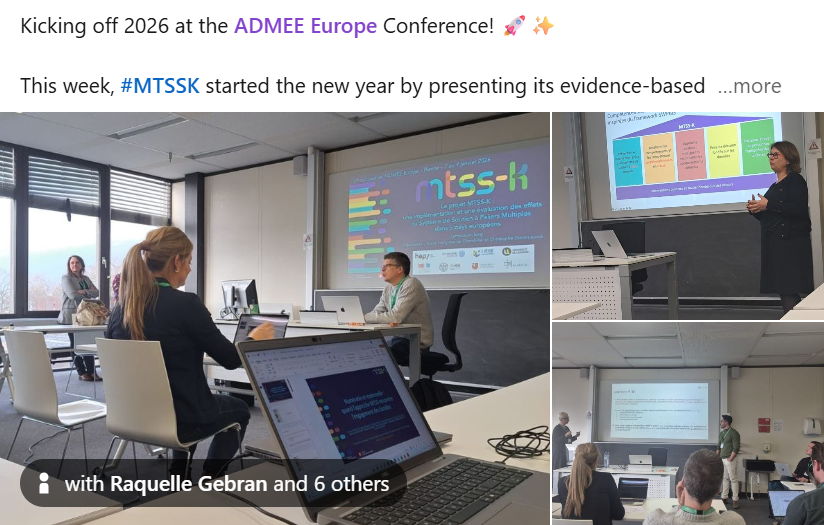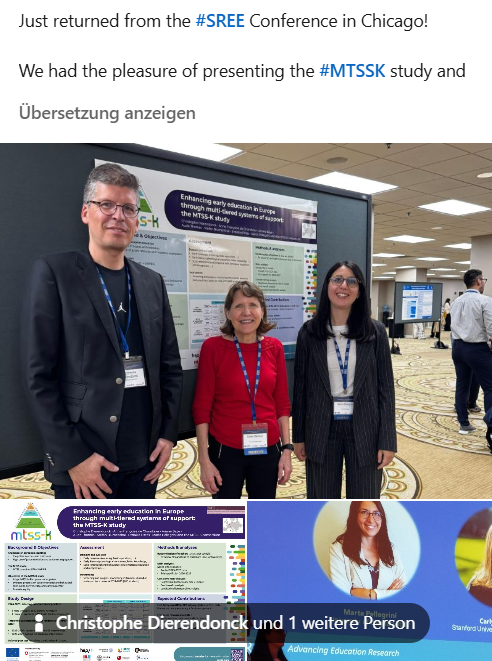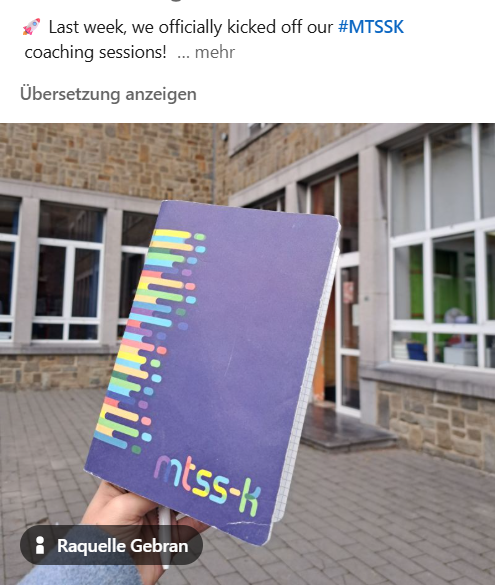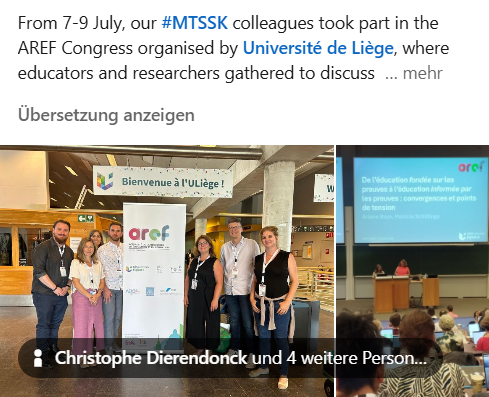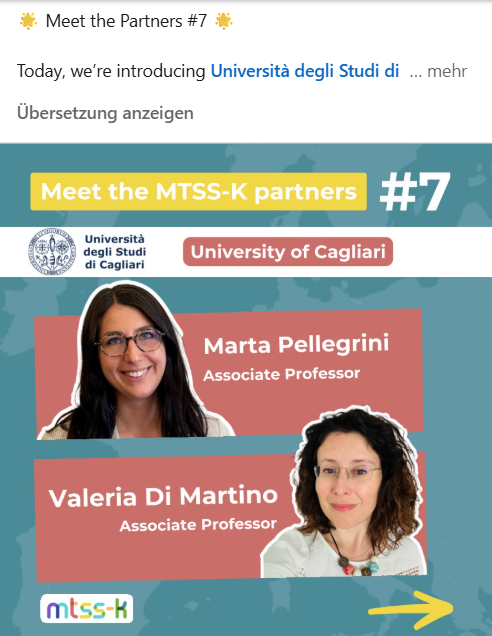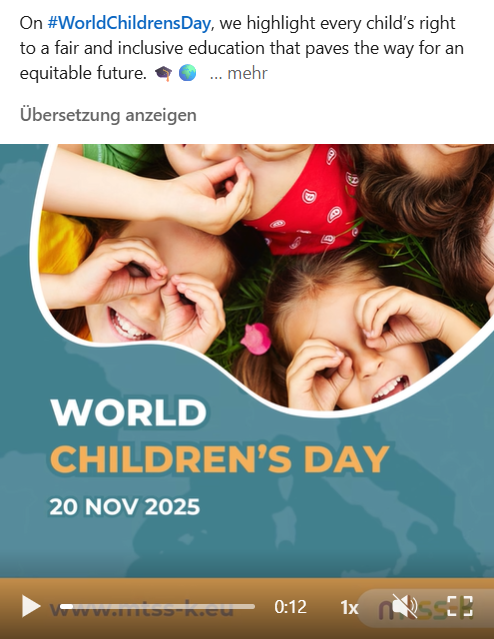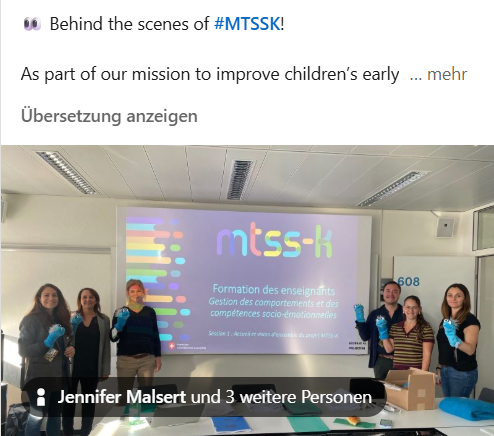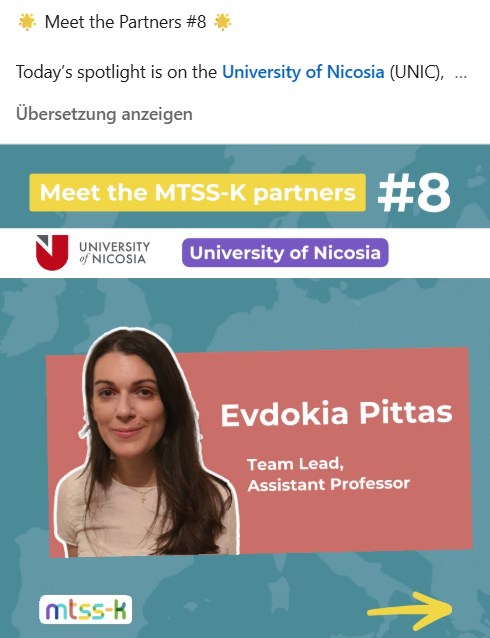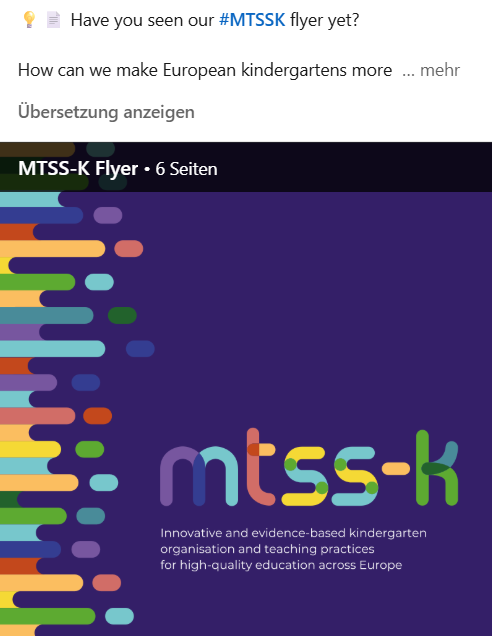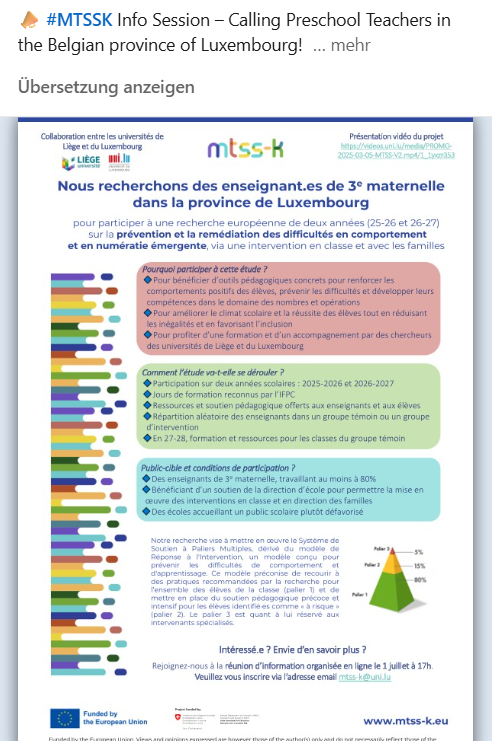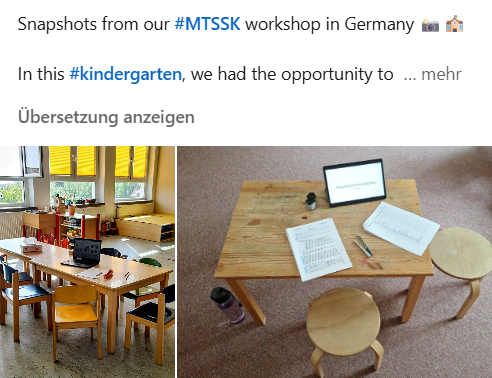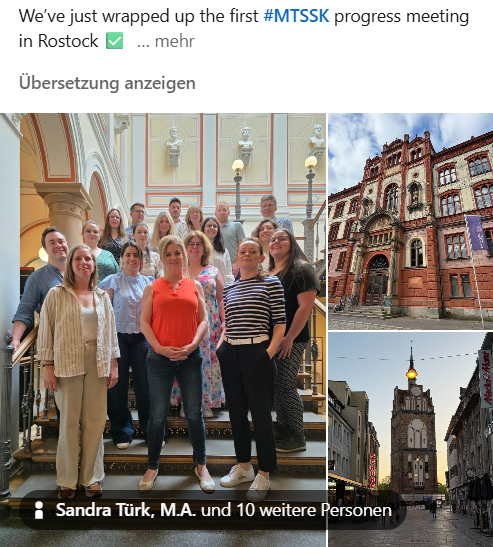Aim
Effective and inclusive education systems are the foundations of successful and cohesive societies. Yet, several European education systems are regularly pointed out as being underperforming, inequitable or segregated, as is the case for Belgium, Luxembourg, Germany, France, Italy, and Switzerland. Their prevalent ‘wait-to-fail’ model of education particularly affects the most vulnerable students who only receive appropriate pedagogical support when they encounter significant academic challenges, which is sometimes too late for many students. This calls for a drastic change through preventing learning difficulties and providing early intervention measures.
The MTSS-K research project sets out to adapt, implement and assess the effectiveness and efficiency of a Multi-Tiered System of Support in kindergarten (MTSS-K) across five European countries with the aim to reduced inequalities within the education system and strengthen pupils’ early skills in literacy, numeracy and socio- emotional behaviour.
Objectives
- Develop and assess the MTSS approach in European kindergarten
- Provide free research-based resources for effective teaching and supporting struggling pupils in kindergarten
- Provide free research-based tools for pupils’ screening and progress monitoring in kindergarten
- Set up an international network of scientific partners working on the MTSS approach and evidence-based practices
- Make policy recommendations for policymakers and educational stakeholders
Impact
Societal Level
- Increased social and economic resilience sustainability and decreased school inequalities
- Improvement of students´ numeracy, literacy and social-emotional behavior skills
- More inclusive growth and greater enhancement of social fairness
Political Level
- More engaged knowledge-user and practitioner community for the MTSS approach
- Increased ability for developing and communicating policies
- Better informed key institutions
Scientific Level
- Mutual academic learning in an interdisciplinary and cross-regional manner
- Self-reflections of teaching practices in researching, publishing and academic teaching
- Greater diffusion of knowledge and Open Science in connection with the Horizon Europe framework

Research Scientist at the Department of Education and Social Work, University of Luxembourg,
Coordinator of the MTSS-K consortium








